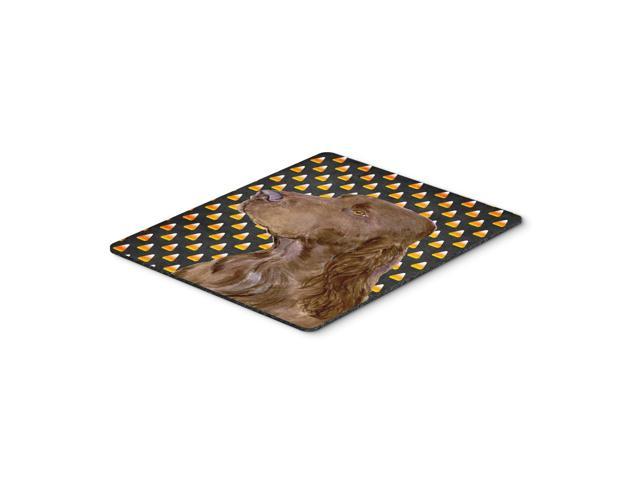The songs of Roger Quilter are a staple of the English art song repertoire, yet little is known of his life, and his popularity suffered an eclipse in postwar years largely through changing musical fashions. Championed by the great English tenor Gervase Elwes, Quilter became famous for songs such as ‘‘Now Sleeps the Crimson Petal’’, ‘‘Love’’s Philosophy’’ and ‘‘Go, Lovely Rose’’. The BBC included ‘‘A Children’’s Overture’’ in their first broadcast concert, and the success of his atmospheric music for the children’’s fairy play ‘‘Where the Rainbow Ends’’ ensured his immense popularity. Access to numerous sources worldwide, many of them unpublished, and extensive interviews with friends and family, have enabled Valerie Langfield to write a sympathetic and authoritative account of Quilter, the first full-length study. The first part focuses on Quilter’’s life: she examines his relationships with his friends, particularly Grainger and the de Glehn family, and how his wealth, ill-health, family and homosexuality affected him. Her researches testify to Quilter’’s quiet philanthropy: his many practical actions included his founder-membership of the Musicians Benevolent Fund, generous and discreet assistance to young musicians, and help to Jewish friends fleeing Germany and Austria before the second world war. The second part of the book discusses and contextualises all his music: songs, chamber, orchestral and theatre music, and his light opera, ‘‘Julia’’, performed at Covent Garden in 1936.















